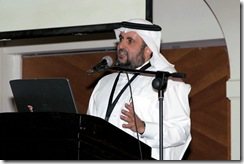State-run Mahangar Telephone Nigam Ltd (MTNL) has become the first mobile operator to launch 3G services in India, as private companies continue to be stalled by ongoing delays in the auction of 3G spectrum.
 MTNL’s 3G service is initially limited to central New Delhi, but will soon be extended to other parts of the city and Mumbai
MTNL’s 3G service is initially limited to central New Delhi, but will soon be extended to other parts of the city and Mumbai
MTNL’s chairman R.S.P. Sinha told press the operator had invested almost INR4 billion (US$82.3 million) in the network rollout, and he expected about 200,000 3G subscribers within the first two years.
The initial service is limited to central New Delhi, with the service to be extended by vendor partner Motorola to other parts of the city and also Mumbai. Mobile users will need to pay an upfront activation charge of INR500 and a monthly fee of INR599, with mobile TV, video calling, movie downloads and low-cost VoIP-based international calls on offer.
Fellow state-backed operator BSNL is expected to launch 3G services shortly. The companies have gained up to six months’ head start over rivals, with spectrum granted on the condition they pay licence fees equivalent to the highest bidders, when the auction is completed.
The latest auction deferment was due to a proposal by India’s finance ministry to double the reserve prices in 20 of the country’s 22 telecommunications circles where 3G spectrum is being offered. The government is reviewing the proposal and has not announced a decision or a new date; however, analysts suggest it is unlikely the auction will be held ahead of general elections, which must take place by the end of May.
Image courtesy of GSMA & Decisive Media







